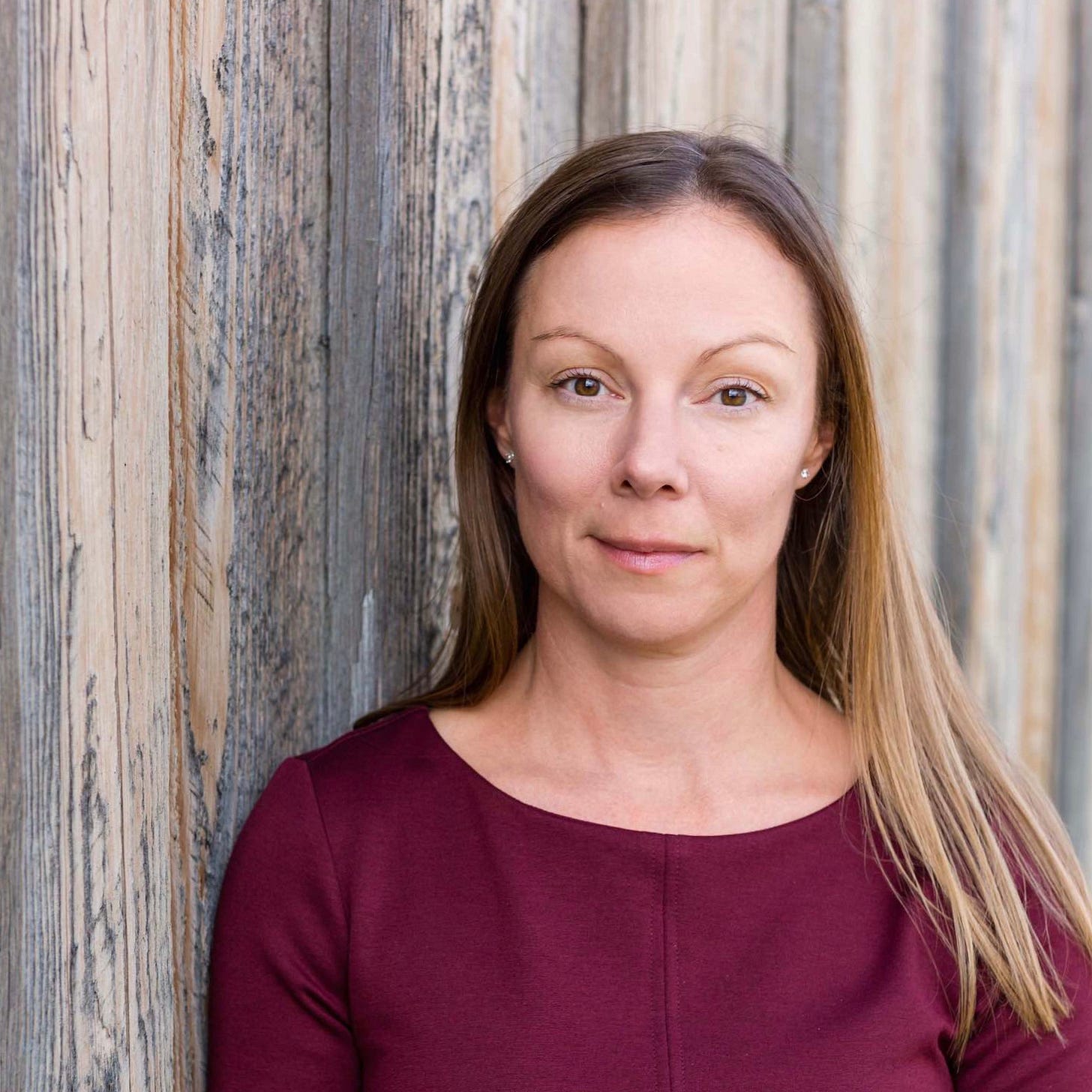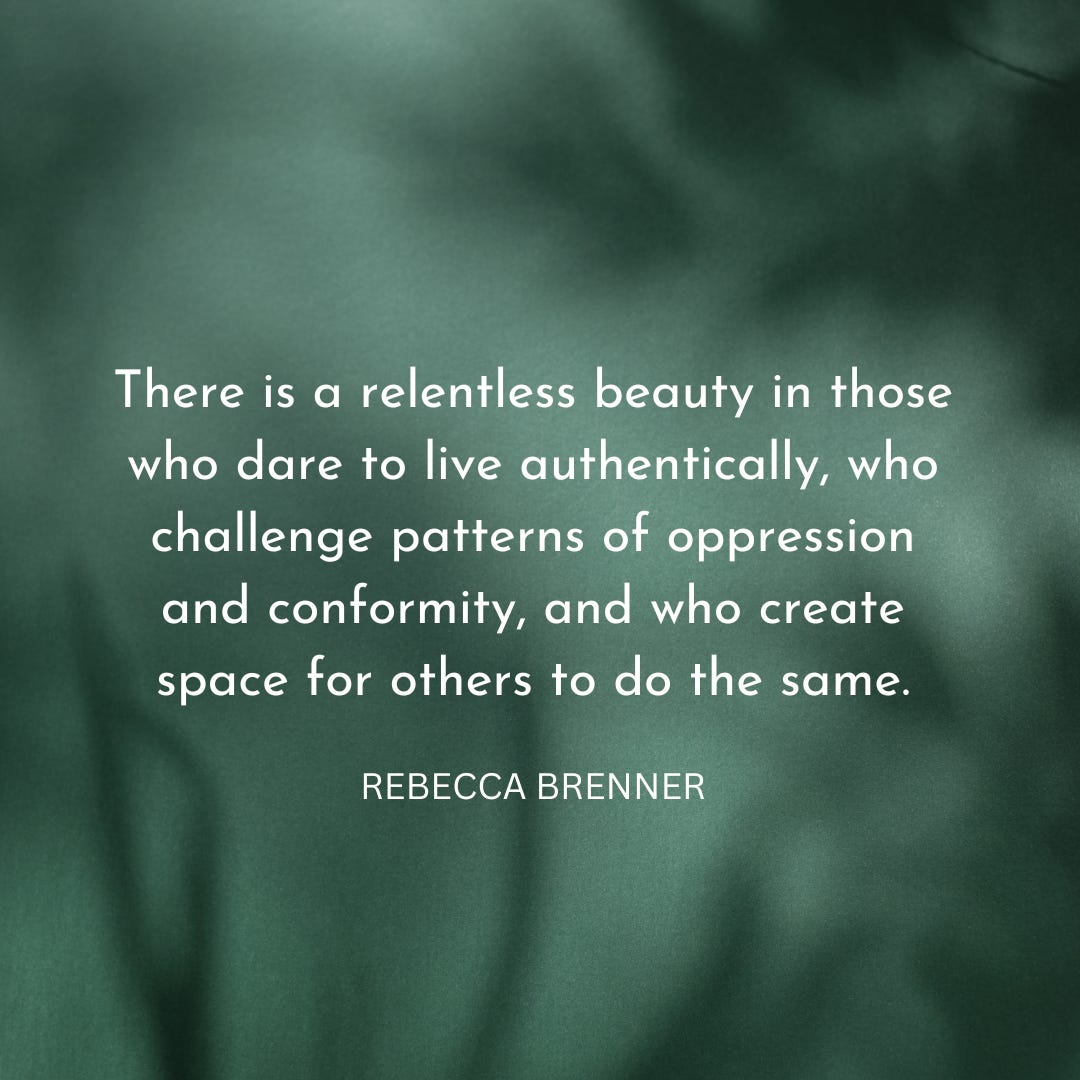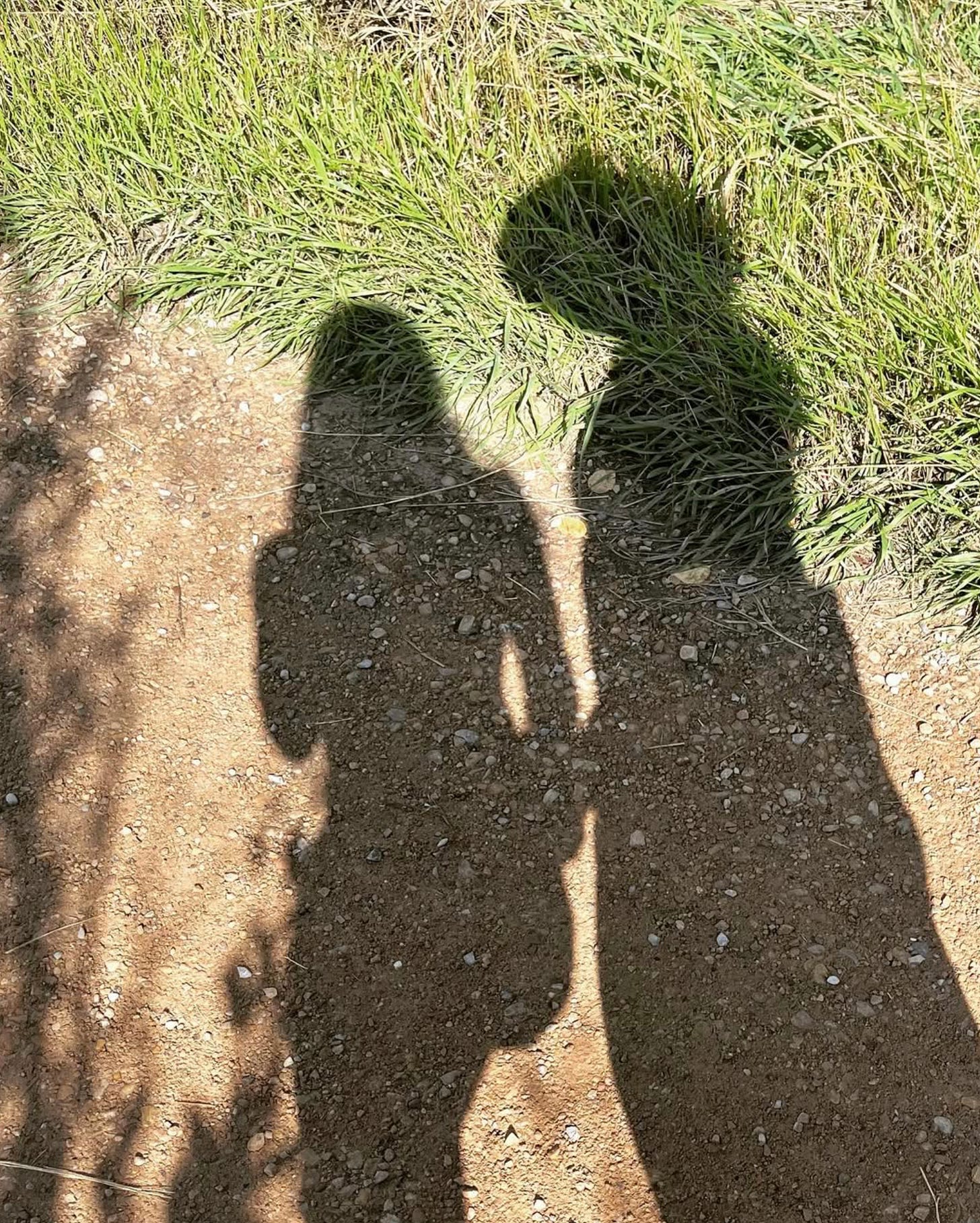Collisions of Presence and Pattern
An interview with Rebecca Brenner
The forces in our lives are constantly colliding—sometimes in ways that work out well and sometimes in ways that don’t. This interview series is an exploration of what it can look like to work with the collisions, rather than against them. By digging into how humans and nature interact — from our relationships with other humans, to those with our non-human neighbors, to our relationship with ourselves to our relationship with the landbase–we can uncover how to best step fully into our role in the story of the world.
This month on the Ordinary Collisions Interview Series, I’m happy to introduce you to Rebecca Brenner. Rebecca is an author, mindfulness meditation teacher, and journalist whose work has appeared in TIME, LA Times, Tin House, and more. She writes features for TownLift and serves as president and co-founder of Mindful Summit County, a nonprofit advancing mindfulness as a tool for community care. Rebecca is also an elected member of Summit Pride’s Leadership Team, where she collaborates with local and state leaders to foster safety and equality for queer and immigrant communities. Her debut memoir-in-verse, Paper House, exploring themes of loss and resilience, will be published by Wayfarer Books in Summer 2025.
Heidi: Rebecca, it’s so good to have you on the series. Thanks for being here with us today. To start, I always ask the same question: What are two forces that are colliding in your life right now (or that have in the not too distant past)?
Rebecca: The two forces colliding in my life are always presence and pattern. I’d describe it as the tension between being fully immersed in the present moment and the pull of ingrained habits or past experiences that shape how I perceive and respond to life.
Presence is about awareness, mindfulness, and being open to what’s unfolding right now without judgment. Pattern, on the other hand, represents the subconscious scripts and routines I’ve developed over time—whether productive or limiting, conscious or unconscious—that often dictate my actions before I’ve consciously chosen them.
The collision of presence and pattern in my life feels like a constant dance between noticing and interrupting. It’s in those moments where I recognize an old pattern—like people-pleasing or retreating in fear—and choose instead to anchor myself in the present, to respond differently. It’s mostly never comfortable, but it’s where growth happens.
Heidi: I really appreciate how you’ve given voice to this phenomenon—I think many of us experience that pull between being mindfully present and just going through the motions of routine and habit. Presence and pattern and their collision is a helpful way of framing it!
How are you navigating the conditions this collision is creating? How does the dissonance created impact your choices?
Rebecca: As a poet, I navigate the conditions of this collision—the tug-of-war between presence and pattern—by leaning into the tension rather than resisting it. I let the dissonance become a wellspring for my work, a place where language can unravel what I can’t yet understand. Writing becomes both a mirror and a map; I use it to sit with the discomfort, to articulate the ineffable, and to forge new paths through the friction.
The dissonance shapes my choices by forcing me to slow down and question: Am I responding authentically, from the truth of the moment, or am I reacting out of habit, a well-worn groove of behavior?
As I write, I notice how patterns surface in the form of familiar metaphors, cadences, or images, and I challenge myself to break them, to write toward the unfamiliar. This practice spills into life itself, urging me to embrace change, ambiguity, and the beauty of the unresolved.
Ultimately, the dissonance is both a teacher and a muse, reminding me that poetry—and life—isn’t about erasing contradictions but about holding them tenderly in the same breath.
Heidi: Mmmm. Sitting with dissonance and letting living the questions offer guidance. Now that’s something to chew on for awhile.
What has this collision taught you about yourself? The world?
Rebecca: As a poet and mother, especially to a teen and a trans child, this collision between presence and pattern has taught me profound lessons about myself and the world.
It has revealed the importance of unlearning—unlearning assumptions, expectations, and the safety of old narratives. I’ve come to see how patterns from my upbringing—like the need to control or fix things—can stand in the way of being truly present for my children. Parenting a trans child, especially, has taught me to hold space for complexity, to listen without imposing my understanding, and to honor their journey as uniquely theirs.
The collision has shown me that the world is both expansive and constrained—expansive in the ways love, identity, and humanity can unfold when given the freedom to grow, yet constrained by the fear, judgment, and rigid structures that often try to hold us back. But it’s also taught me that even within these constraints, there is a relentless beauty in those who dare to live authentically, who challenge patterns of oppression and conformity, and who create space for others to do the same.
Most importantly, I’ve learned that presence is an act of courage. To meet my children in their truths, I must let go of the patterns I thought defined me as a mother and trust instead in the power of love, humility, and the poetry of becoming. Through this collision, I’ve come to see that the world is most alive in its in-betweens—the places where identities, experiences, and truths collide and transform. And I am learning to stand there with them, in awe, with my arms wide open.
Heidi: I always like to go back to “live your life in ways that tell the truth.” In having the courage to be present, to let go of those old patterns, and to meet your children in THEIR truth—what a gift to them, you, and the world. Here’s to embracing the space between stories.
As we wrap up, can you tell us about a collision you explore in your forthcoming book?
Rebecca: In Paper House, a memoir in verse, I explore the collision between grief and memory—how the weight of losing my mother to opioid addiction twenty years ago collides with the delicate process of reconstructing her presence through poetry. This meeting of absence and remembrance creates a tension I navigate throughout the collection, examining how loss imprints itself on family, identity, and the stories we tell ourselves about survival. The book doesn’t seek resolution but instead holds space for the contradictions of love and pain, longing and acceptance.
Through poetry, I confront the intergenerational effects of addiction, unraveling patterns of silence and inherited trauma while also reclaiming my voice as a daughter and a mother, through the act of writing poems like my mother.
The act, then, becomes a collision in itself: a place where raw emotion meets the deliberate structure of language, where the fragments of my mother’s life are pieced together, not to erase the scars but to find meaning in their permanence. Paper House is both an elegy and an exploration—a reckoning with the past that shapes the way forward.
Heidi: I’m looking forward to getting this collection in my hands next summer! Addiction is such a complex thing, and touches so many of us—I have a feeling Paper House is going to speak to many. What else would you like to share about your current projects?
Rebecca: I’m always immersed in creative projects — it is how I see and process the world.
Recently, I completed Tupelo Press' 30/30 Project, where I wrote 30 poems in 30 days, and now I have a wealth of new drafts to refine and expand. I’m also working on a collection exploring the parallels between dream life and waking life—much like Paper House, it delves into the transformative power of dreams and the deep healing they offer.
I’m also navigating deeply personal terrain in my work, including a collection about the liberating experience of restructuring my marriage and finding freedom within that shift. Additionally, I’m developing a collection centered on raising a gender-creative child, capturing the beauty, complexity, and lessons of that journey. These projects reflect the intersection of my personal growth and poetic voice, as I continue to explore the ways life’s collisions shape and heal us.
Have a collision you’d like to explore in this space? Send me an email at heidi@heidibarr.com.




